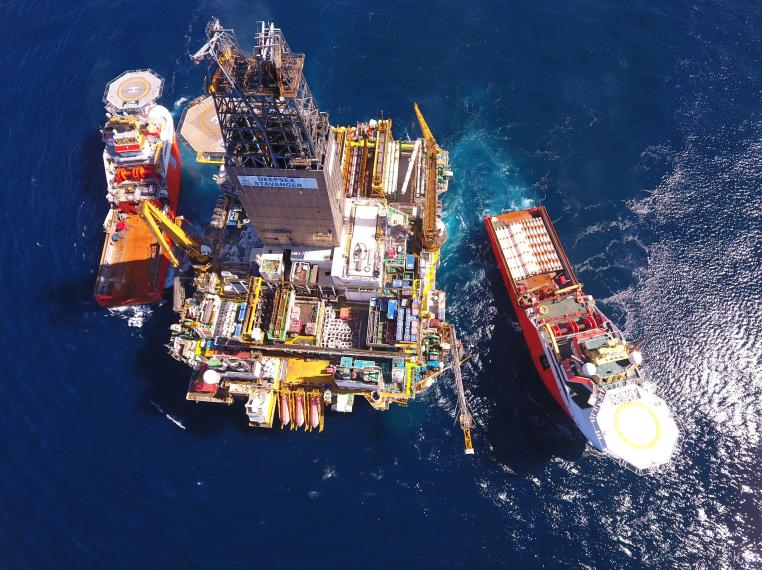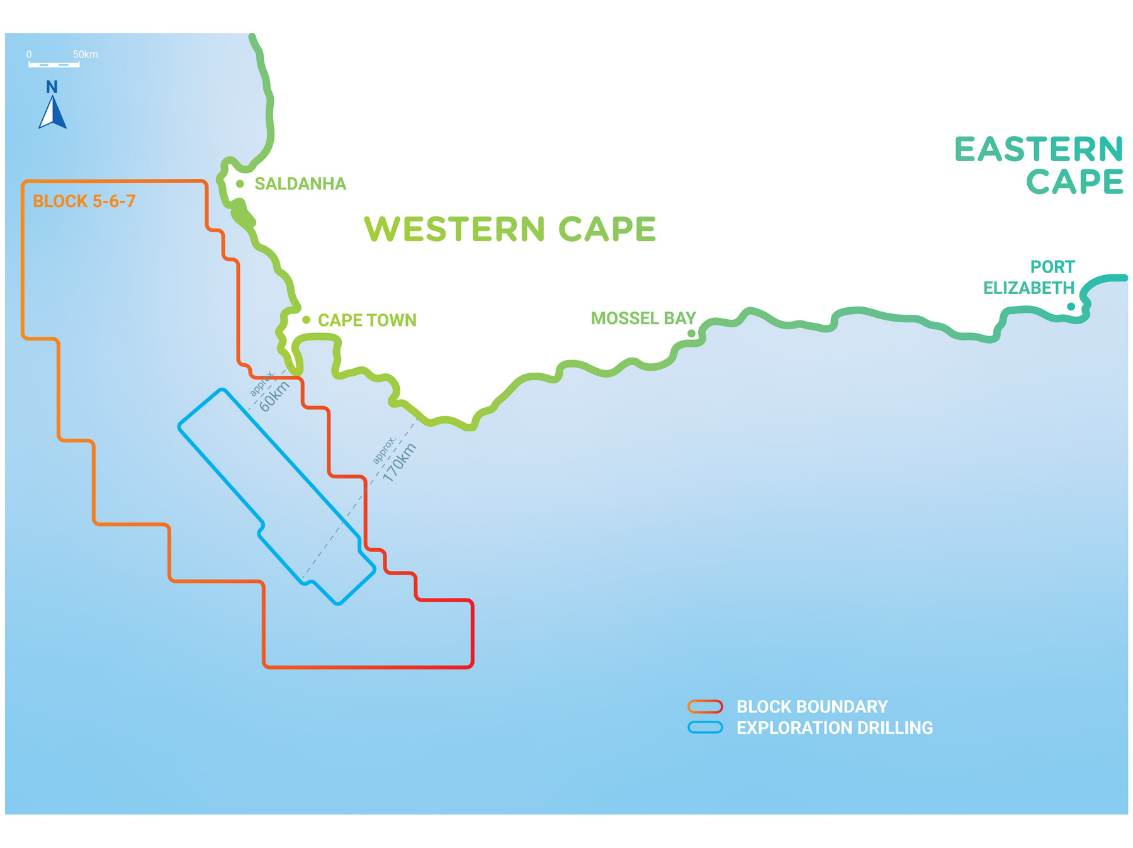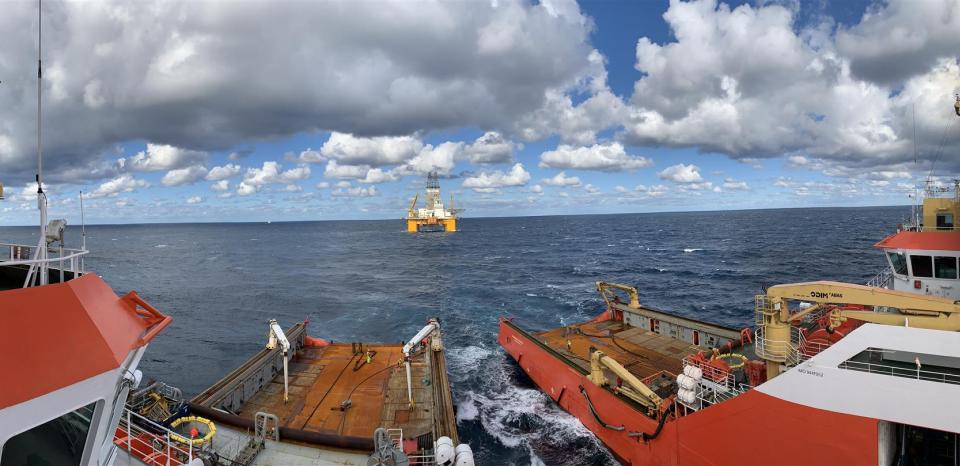Total to TotalEnergies
Total is Transforming and Becoming TotalEnergies
TOTALENERGIES EXPLORATION & PRODUCTION SOUTH AFRICA

TotalEnergies EP South Africa (TEEPSA) has made significant progress to contribute to South Africa’s energy security, with the discovery of substantial oil and gas deposits offshore the coast of South Africa.
TEEPSA aims to engage with interested and affected parties, including authorities, communities, and government by creating platforms to enable the public to access information related to its projects, and receive responses to frequently asked questions including direct engagement with TEEPSA.
We are committed to maintaining the highest standards regarding health, safety, environmental and quality standards, allowing us to respect the natural environment and human rights wherever we operate.

TEEPSA and its Joint Venture partners are pursuing its activities of Exploration in Block 5/6/7, located offshore the southwest coast of South Africa, between Cape Town and Cape Agulhas. TEEPSA (as operator) and its partners Shell and PetroSA currently hold an Exploration Right over Block 5/6/7. Since the first granting of the Exploration Right, two seismic surveys have been undertaken in the Block. Based on the analysis of acquired seismic data, TEEPSA is proposing to drill one exploration well, and success dependent, up to 4 additional wells in total within an Area of Interest within the Block (i.e. up to 5 wells in total).
The Area of Interest, covering and area of 10 000 km2, is located approximately 60km from the coast at its closest point and 170km at its furthest, in water depths ranging from 1 000 m to 3 200 m. The purpose of the proposed exploration drilling is to facilitate the determination of whether geological structures (“prospects”) contain oil or gas. As part of the process of applying for Environmental Authorisation, in terms of the National Environmental Management Act, 107 of 1998 (NEMA) (as amended), an Environmental and Social Impact Assessment (ESIA) process is being undertaken.
Availability of the Draft Scoping Report and Public Participation for TotalEnergies - Proposed Offshore Exploration in Block 5/6/7, South-West Coast, South Africa

As part of its commitment, TotalEnergies EP South Africa is promoting transparency and close cooperation with all relevant stakeholders and interested parties to continually engage with them, whatever the subject.
South Africa, like the rest of the world, is vulnerable to climate change. There is thus global concern of the need to reduce carbon emissions and achieve carbon neutrality by 2050.
TotalEnergies supports the aim of the Paris Agreement, with its call to reduce greenhouse emission in the context of sustainable development and eradicating poverty. Together with the Paris goal to limit planetary warming to well below 2 degrees centigrade compared with pre-industrial levels.
TotalEnergies is at the centre of the climate challenge and has set the ambitions to become the responsible energy major. Our Mission is to provide energy that is reliable, affordable, cleaner and accessible to as many people as possible.
The worldwide energy mix needs to evolve to be consistent with the Paris goals. TotalEnergies integrates such an evolution in its business strategy by promoting the of natural gas, together with hydrogen and biogas, investing in low carbon electricity primarily produced from renewables, focusing investment on low-cost oil and biofuel, and investing in carbon sinks such as nature-based solutions and CCUS.
The South African Government policy currently supports exploration for indigenous oil and gas resources and currently promotes the use of natural gas as part of the energy mix up to 2030 to serve as a transition or bridge on the path to a carbon-neutral goal and provide the flexibility required to complement renewable energy sources. As such, South Africa has committed to a "just" transition in achieving carbon neutrality (net-zero emission) and a climate resilient society, whereby the need to reduce emissions is balanced with the need to grow the economy and create jobs.
